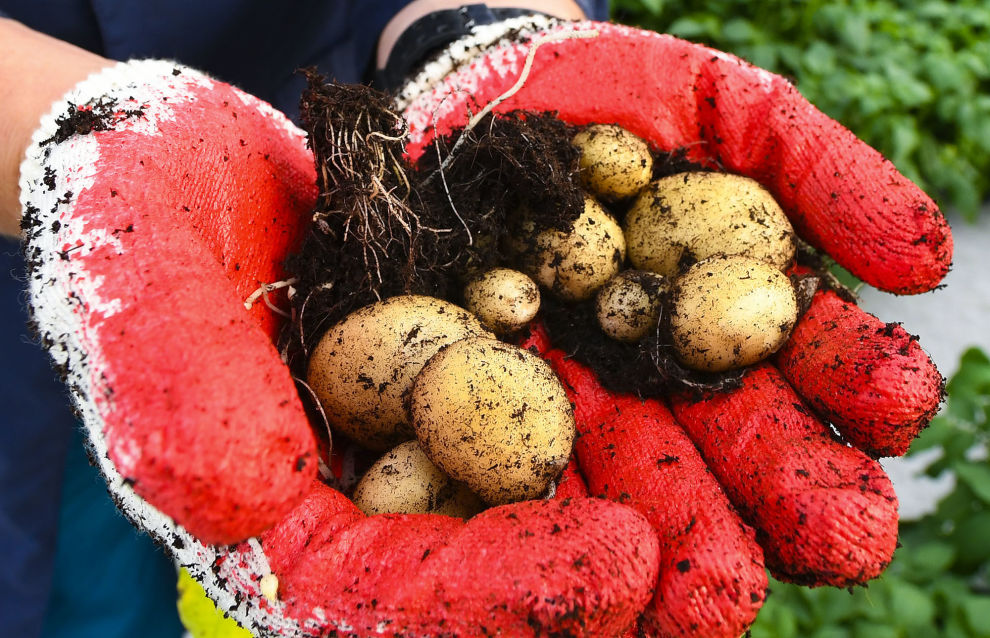Yamal Peninsula’s natural-geographic conditions suitable for polar farming
Arctic Research Center scientists have determined that the natural, geographic conditions in the Krasnoselkup District are suitable for polar agriculture, as analyses of local soils and crop vegetation in the villages of Krasnoselkup, Tolka and Ratta have shown.
Specialists collected 70 kilograms of earth samples for chemical analysis and have identified 11 soil profiles. Today, local residents grow potatoes, tomatoes, beets, carrots, zucchini, squash, strawberries and lettuce on open land.
“The soils we studied are warm and sandy, with almost no permafrost. This is why the ground warms up quickly in the summer and absorbs humidity, an important condition for agriculture,” Yevgenia Morgun, a leading research associate with the Arctic Research Center, said.
The center’s researchers analyzed local farming methods, including the use of fish fragments together with traditional fertilizer, for boosting potato and other vegetable crop yields. These methods are less popular in other parts of the Yamal-Nenets Autonomous Area. Some vegetable farmers place forest game remains in compost. Livestock-breeding farms in Krasnoselkup and Tolka help develop the district’s vegetable farming sector.
After the expedition to the Krasnoselkup District, Arctic Research Center researchers will publish a study with advice on how to develop the polar farming sector, facilitate food security in the Yamal-Nenets Autonomous Area and provide self-employment to the indigenous people.
